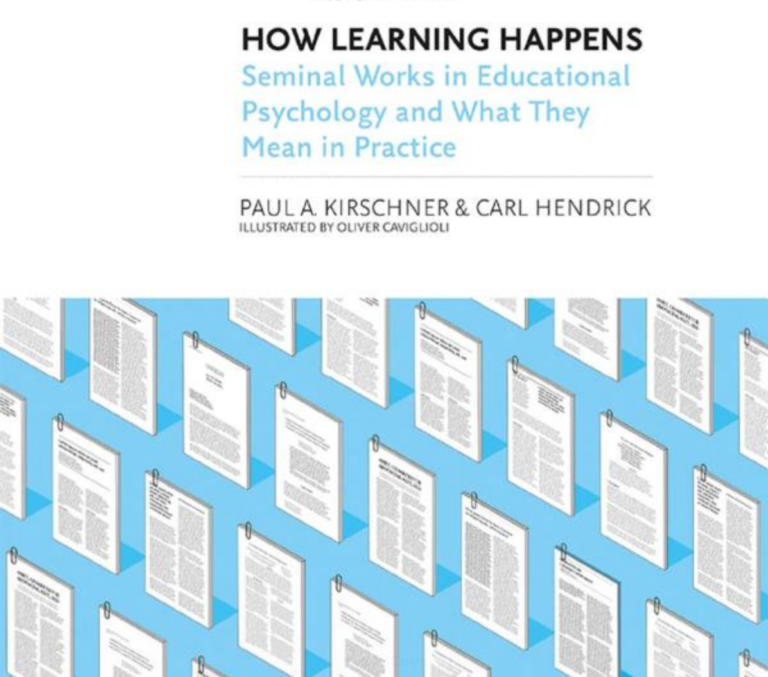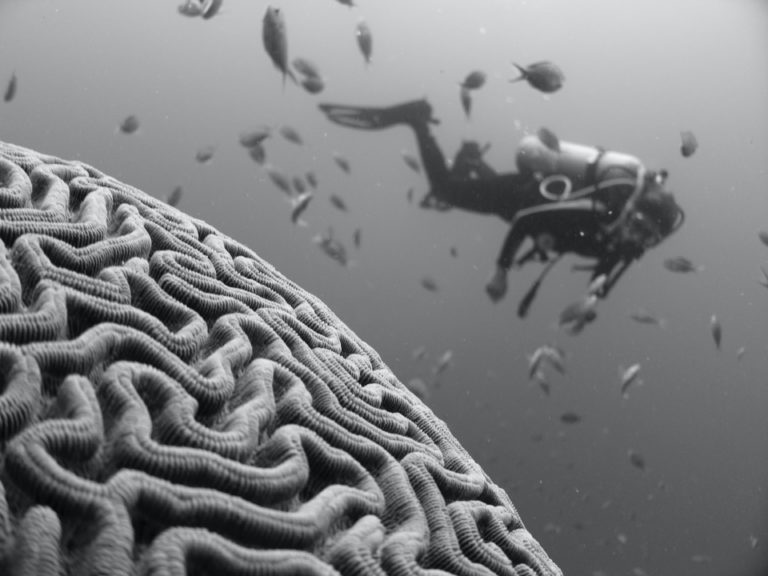Tags
ADHD adolescence attention autism book review boundary conditions classroom advice conference speakers constructivism/direct instruction creativity desirable difficulty development dual coding elementary school embodied cognition emotion evolution executive function exercise experts and novices gender high school homework intelligence long-term memory math methodology middle school mindfulness Mindset motivation neuromyths neuroscience online learning parents psychology reading retrieval practice self-control skepticism sleep STEM stress technology working memoryRecent Comments
- What is cognitive break? – Focuskeeper Glossary on Can Quiet Cognitive Breaks Help You Learn?
- Schools shift toward a new approach to homework – Spartan Shield on “Students Simply Cannot Improve”: Handwritten Notes vs. Laptop Notes
- Weekly Round-Up: 4 October 2024 | Class Teaching on Piece-by-Piece PowerPoint: Exploring the “Dynamic Drawing Principle”
- How Walking In Nature Can Boost Your Mood And Creativity - Goaskuncle.com on Too Good to Be True? “Even Short Nature Walks Improve...
- Replication Studies: Validating Previous Findings in 2024-2025 - Editverse on Messy Science: How to Prepare Students for the Real World...
ABOUT THE BLOG

Seriously: What Motivates Teachers to Be Funny?
To start 2021 in the right spirit, let’s think about humor in the classroom. It…

The Best Teaching Advice We’ve Got
You want to improve your teaching with psychology research? We’ve got good news, and bad…

James Flynn Changed the Way We Think about Intelligence
In 1950, the average score on an IQ test was ~100. In 2020, the average score…

December Book-a-Palooza
When I started in this field, back in 2008, teachers really didn’t have many helpful…
Posted in Book Reviews, L&B Blog
Leave a comment

How Learning Happens: Seminal Works in Educational Psychology and What...
Bridging the research-practice divide is a perennial issue in education. Fortunately, Paul A. Kirschner and…

Possible Selves in STEM: Helping Students See Themselves as Scientists
Why don’t more students sign up for STEM classes, and enter STEM careers? Could we…

Two New Ways of Thinking About Memory
In our classroom work, we teachers focus on learning; in their research, psychologists and neuroscientists often…
